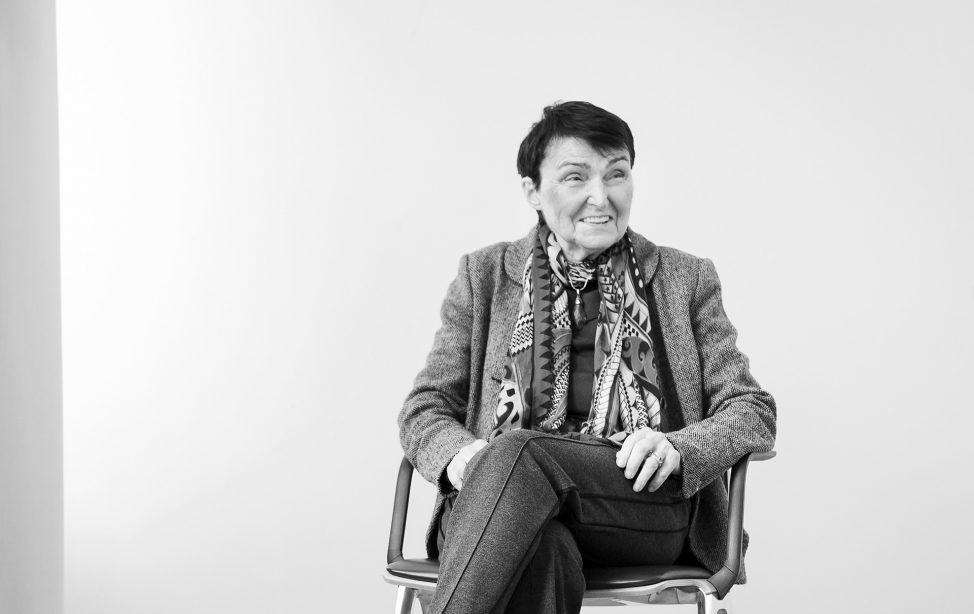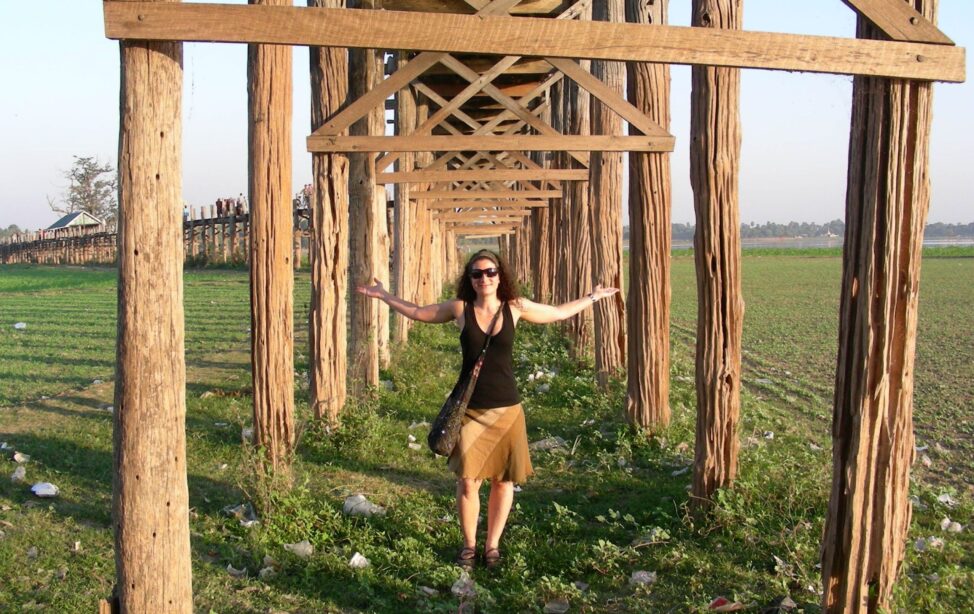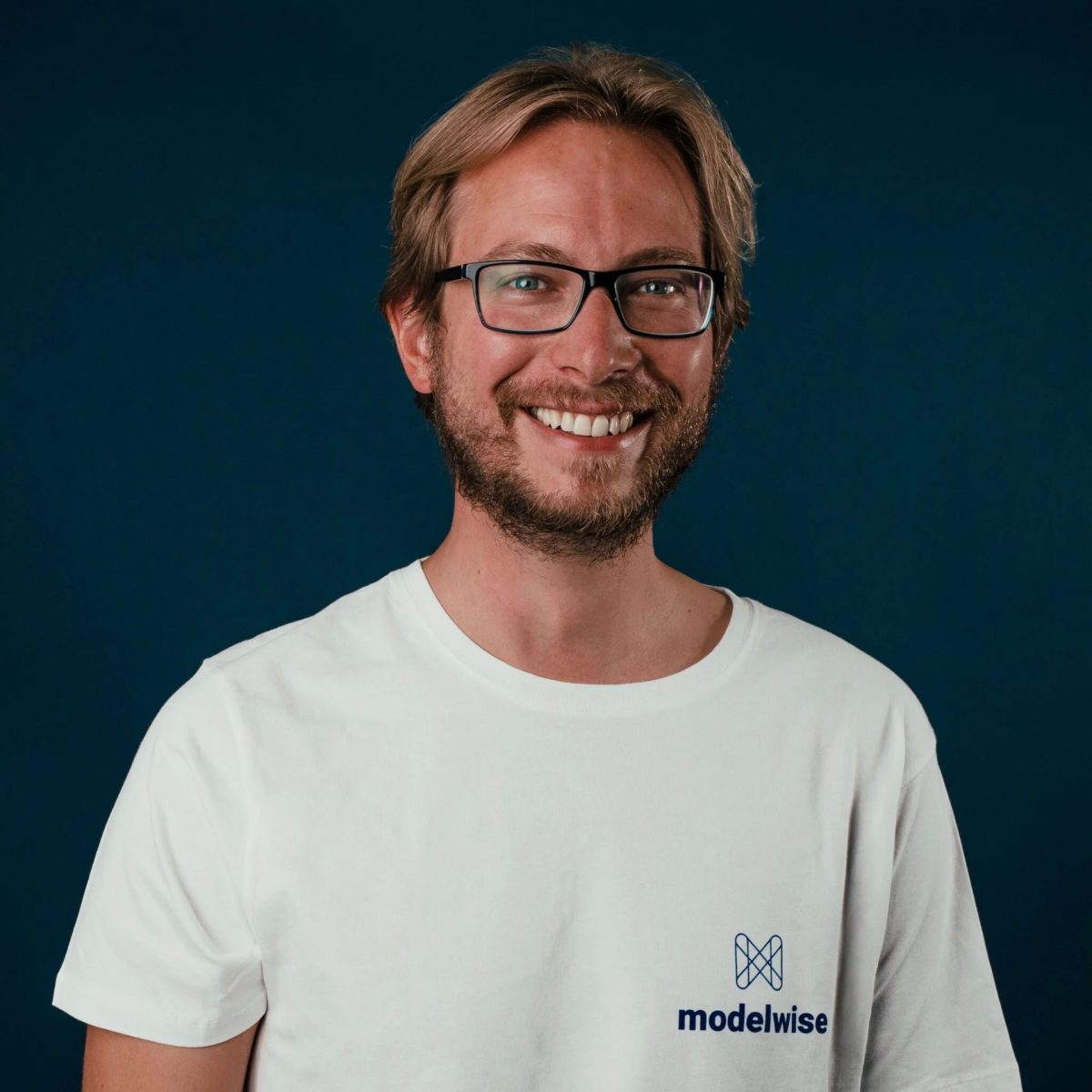
"Overcoming the unknown and challenges gives you the confidence you need to succeed as an entrepreneur," explains TUM alumnus Florian Grigoleit (Image: modelwise).
Founder and AI expert Florian Grigoleit
“Just Give It a Try!”
Encouraged by UC Berkeley, he applied for the prestigious SkyDeck Accelerator Program with modelwise – and was successful. The TUM San Francisco liaison office met with the TUM alumnus to talk about his journey from student to entrepreneur and CEO.
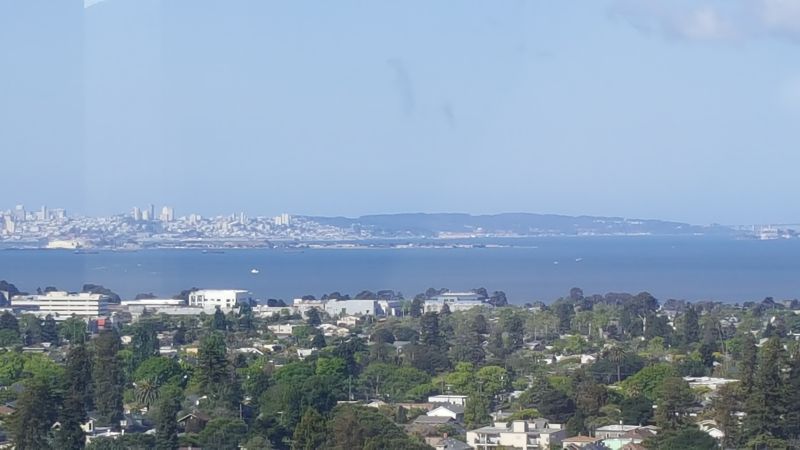
The view from the UC Berkeley SkyDeck Accelerator, overlooking the campus and the Bay (Image TUM San Francisco).
For example, about three years ago two Boeing planes crashed. There was a small error in a sensor that cascaded through the autopilot system and caused the deaths of 400 or so people. With our software, this fault would have been detected. This is our first product on the market. What we are building now is a data application, or platform, which we integrate into the entire value chain of electronics, from the chip manufacturer to the end producer. The product is called Paitron. Our core technology revolves around models. We have a dozen applications in mind but the core technology is abstracting and representing technology. For example, with electronic designs you can make a lot of very fast analyses and diagnostics. Safety analysis, reliability studies – there are tons of applications for it.
“Overcoming the unknown and challenges gives you the confidence you need to succeed as an entrepreneur”
The first thing I noticed was this American Silicon Valley thing. At the kickoff it started with “Ok, we grilled you brutally but now we’re on your side, and we want to see you reach the moon. We don’t work small. Everyone here has the potential to become a billion-dollar business and that’s what we’re aiming for – to change the world.” Then we had a meeting with Chon Tang from the SkyDeck Fund. It blew my mind. We had a 45-minute meeting and went through everything: where we are with finance, with business development, with products, with market analysis, with fundraising. He was super to the point, and he really spotted our weak points. Mr Tang is brilliant and very experienced. He gave us amazing contacts – we left with six or seven introductions to potential mentors and customers.
In my first week at SkyDeck, I got into the elevator with an elderly gentleman. I introduced myself and we had a 13-floor elevator talk. It turned out he’s a business angel and SkyDeck advisor. We exchanged LinkedIn profiles, met for coffee, and he ended up introducing me to his angel network. He helped me with our pitch deck and met with me four or five times to advise us on our business plan and tell us what investors are looking for. I made several good contacts like this in Silicon Valley. It’s a really open atmosphere. People are interested in what you’re doing, and at SkyDeck people are really keen on helping. With TUM’s great alumni network, we could do better to recreate this atmosphere in Munich. For example, to provide more real-world consulting and advising.
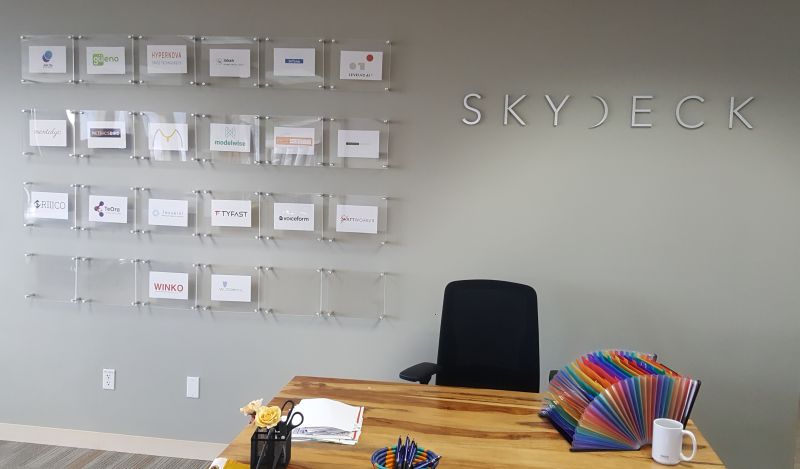
By joining the SkyDeck Accelerator program, TUM startup modelwise has immortalized itself on UC Berkeley's campus (Image: TUM San Francisco).
Thank you very much for the interview, Florian. And good luck for the future!
